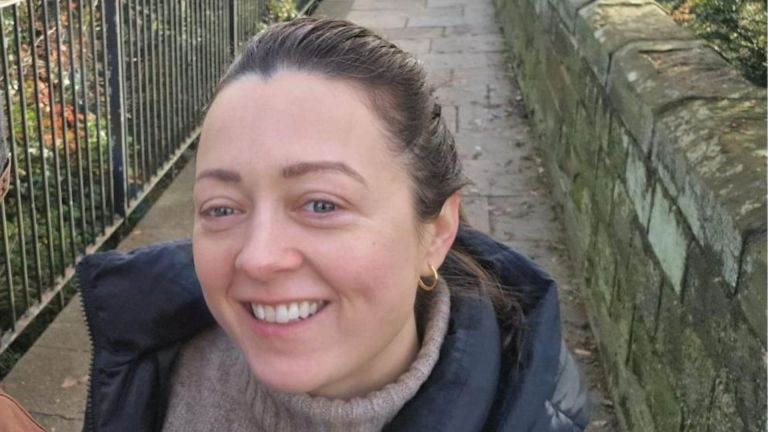Up to 30 per cent of pregnant women report incidents of domestic abuse, while 20 per cent are victims of sexual violence.
Control over pregnancy itself can be used as a tool of abuse, known as reproductive control. An abuser might remove or tamper with contraceptives or deny access to family planning services. This allows an abuser to increase a woman’s dependency on them, and is supported by the figures – women who experience domestic abuse report a higher than average rate of unintended pregnancy.
This can exacerbate finance and housing concerns, stopping some from leaving an abusive partner. Last year it was reported that some women are forced to sleep rough after councils tell them they intentionally made themselves homeless by fleeing abuse.
It is becoming increasingly difficult for mothers fleeing domestic abuse to find shelter that can accommodate their family. Just under half of refuge vacancies could accommodate a woman with two children, while less than one in five could support a woman with three children.
Amna Abdullatif, children and young people’s officer at Women’s Aid, said: “Far too often we hear of mothers being threatened that her children will be removed from her care because of the abuse the family is experiencing at home. This is not the answer. It only puts the survivor and her children at further risk.
“The best way to support children who are experiencing domestic abuse is by supporting both the mother and her children. We want to shift the focus back onto supporting mothers to help families escape domestic abuse this Mother’s Day.
“No woman and her children should be turned away from the support they desperately need because the service does not have the space or capacity to support them. No woman and her children should be forced to face domestic abuse alone.
“That’s why this Mother’s Day we want to continue working with the government to find a long-term and sustainable funding solution with national oversight for all domestic abuse services. Only then can we ensure that every survivor and her children can get the specialist support they need to safely escape domestic abuse and rebuild their lives free from fear and abuse.”
More than 21,000 referrals to refuge services in England were declined in 2017-18, which is over 400 a week. One in six of those referrals was refused because of a lack of space to support a survivor.
Nik Peasgood, chief executive of Leeds Women’s Aid, said: “We often have pregnant women or women with very young babies using our services. Recently we had a heavily pregnant woman come into refuge with her other children, and she chose to have a home birth, so her baby was born here in a supportive and safe environment.”









